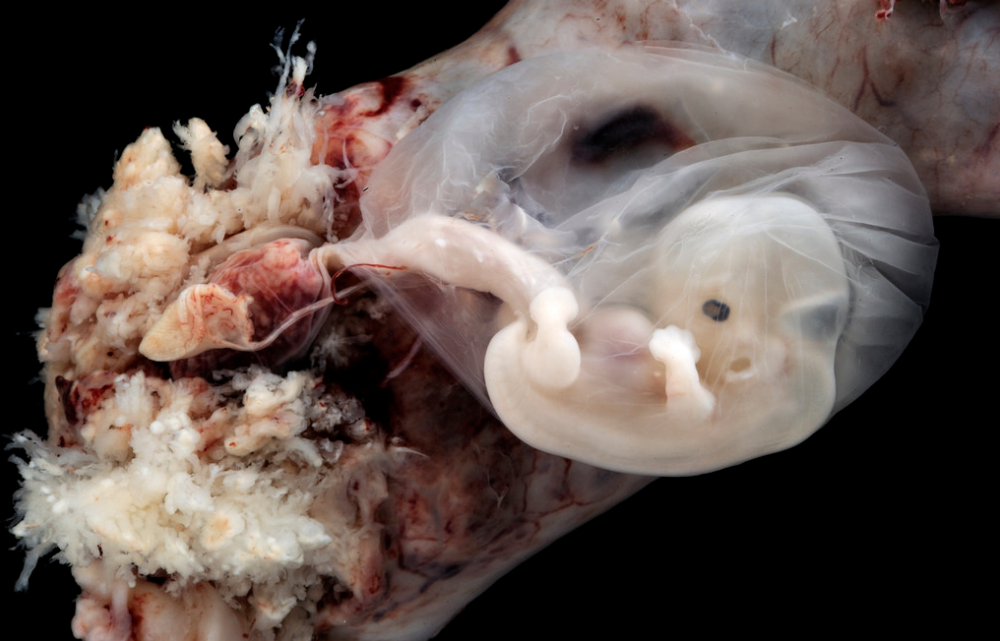In May 2019, the governor of Georgia signed the state’s “heartbeat bill” into law, protecting human beings from the moment of a detectable heartbeat (at approximately six weeks). Pro-abortion groups and abortionists filed suit against the law in June, and in October 2019, a federal judge granted a temporary injunction against the law. Today, that same judge issued a ruling permanently blocking the law from going into effect. Governor Brian Kemp and his administration plan to appeal the ruling.
According to Fox5 Atlanta, “U.S. District Judge Steve Jones ruled against the state in a lawsuit filed by abortion providers and an advocacy group. Jones had temporarily blocked the law in October, and it never went into effect. The new ruling permanently enjoins the state from ever enforcing House Bill 481.”
The Associated Press noted that at least eight states passed heartbeat bills in 2019 and others are still considering them. These states include “Alabama, Georgia, Louisiana Kentucky, Mississippi, Missouri, Ohio and Tennessee,” while “South Carolina is still considering one.” The AP notes that “[a]ll of the new bans joined the fate of earlier heartbeat abortion bans from Arkansas, North Dakota and Iowa in being at least temporarily blocked by judges. Louisiana’s ban wouldn’t take effect unless a court upholds Mississippi’s law.”
READ: The New York Times again dehumanizes preborn babies by denying heartbeat
Georgia is a state that values life and our fight to protect the innocent unborn is far from over. #gapol https://t.co/zD2Oo0Q8xt
— Brian Kemp (@BrianKempGA) July 13, 2020
Judge Jones stated that Georgia’s law violated the 14th Amendment to the U.S. Constitution—which is ironic, considering that the Amendment states that no state shall “deprive any person of life, liberty, or property, without due process of law; nor deny to any person within its jurisdiction the equal protection of the laws.”
Preborn human beings are currently an unprotected class of humans, excluded from 14th Amendment protections. According to the Associated Press:
The court rejects the state defendants’ argument that the statutory purpose solely concerns “promoting fetal well-being,’” Jones wrote. “Instead, HB 481’s specific references to Roe v. Wade and ‘established abortion related precedents’ … lends support to plaintiffs’ argument that the purpose of H.B. 481 was to ban or de facto ban abortion.”
Jones refused to leave any parts of the law in effect, which would have also granted personhood to a fetus, giving it the same legal rights as people have after they’re born….
A preborn human being in the first trimester has a heartbeat by 21 days. Before that, the brain appears, and brain waves can be detected by six weeks. Early vocal cords develop at nine weeks, and the baby can sigh, stretch, and move his or her tongue and mouth. At that same stage, babies can can suck their thumbs, and females already have egg cells in their ovaries. But from the moment of fertilization, the DNA code determining ethnicity, gender, eye color, hair color, and so much more is already present.
Until human beings are protected from their very beginning, discrimination against human beings simply for their size, degree of dependency, level of development, and environment will continue. This legalized injustice must end.
“Like” Live Action News on Facebook for more pro-life news and commentary!







